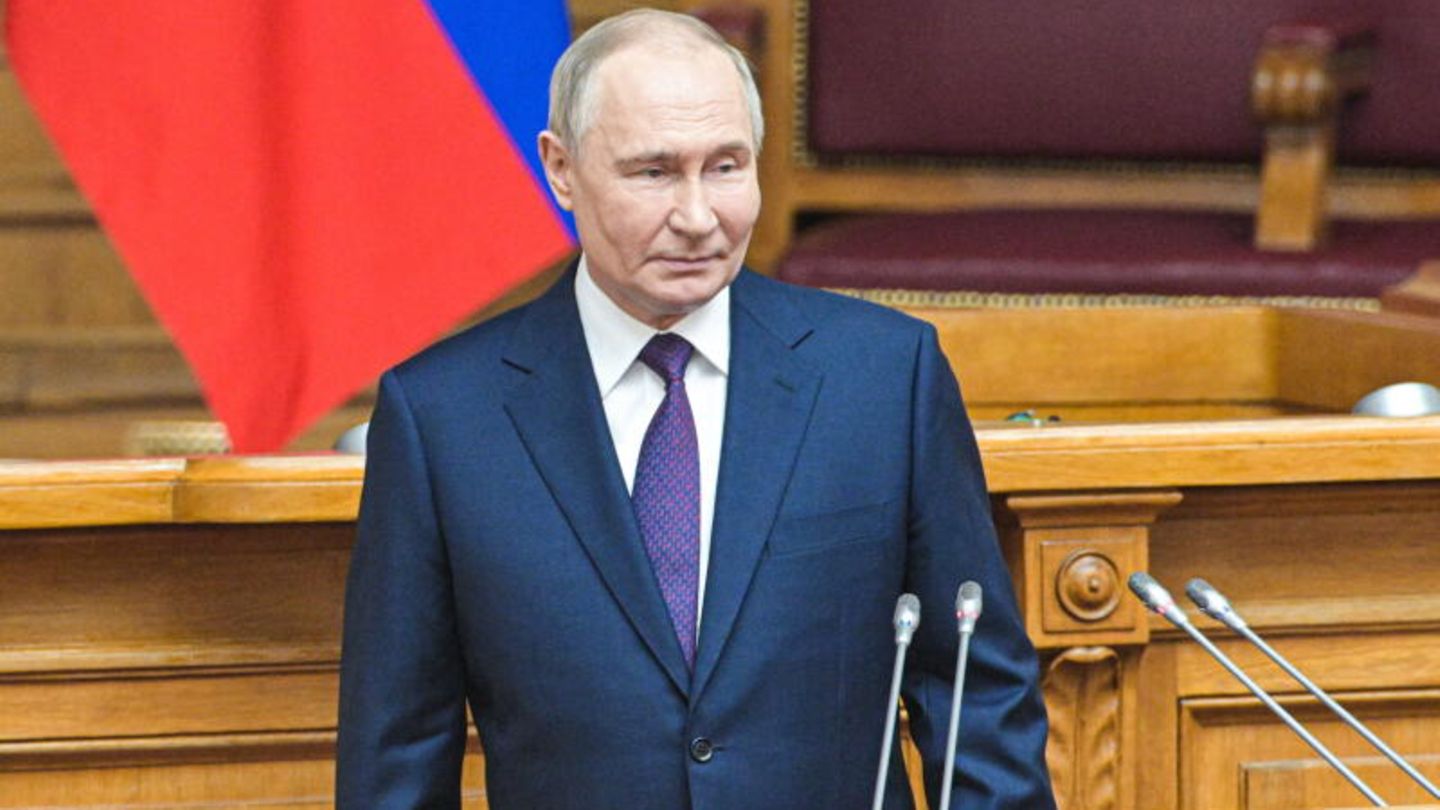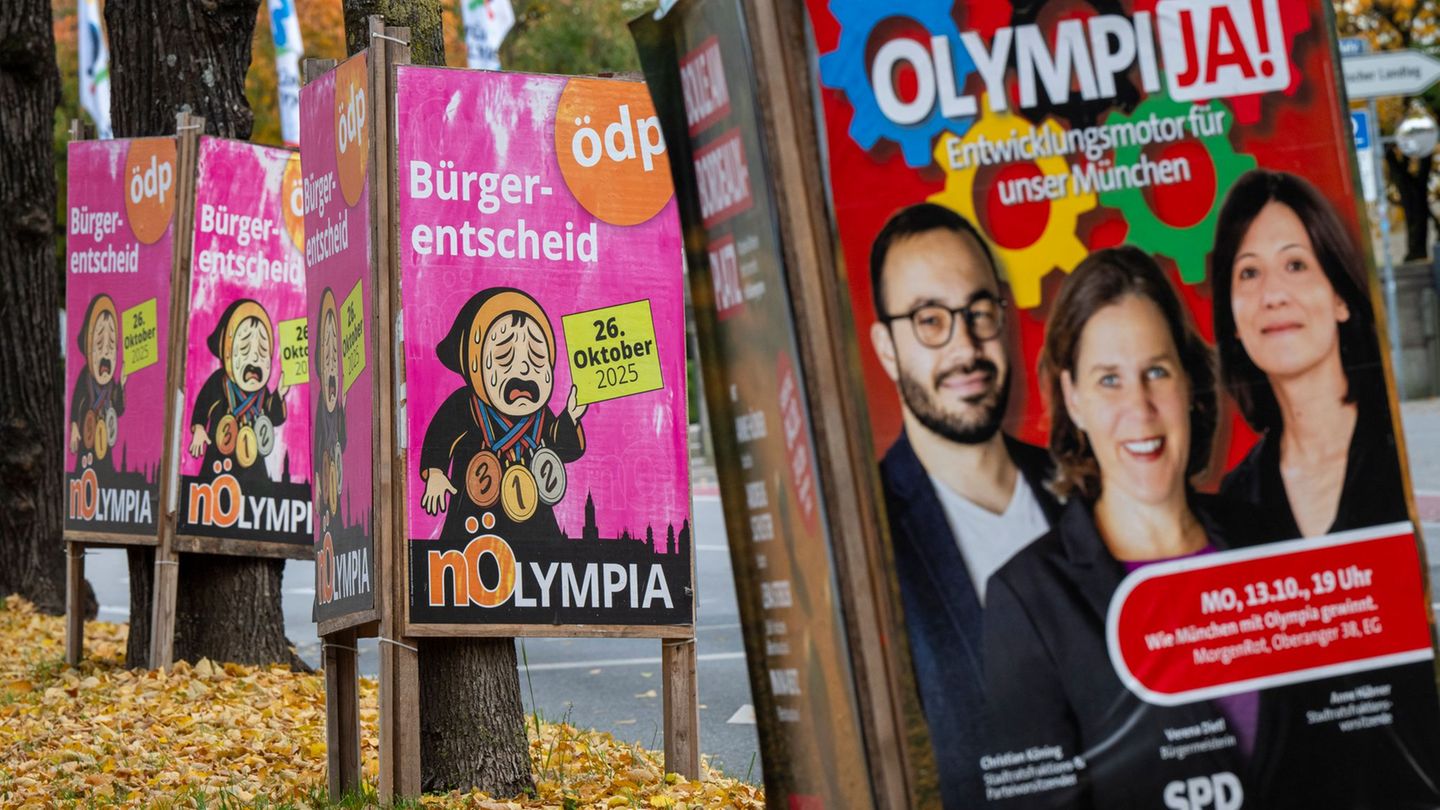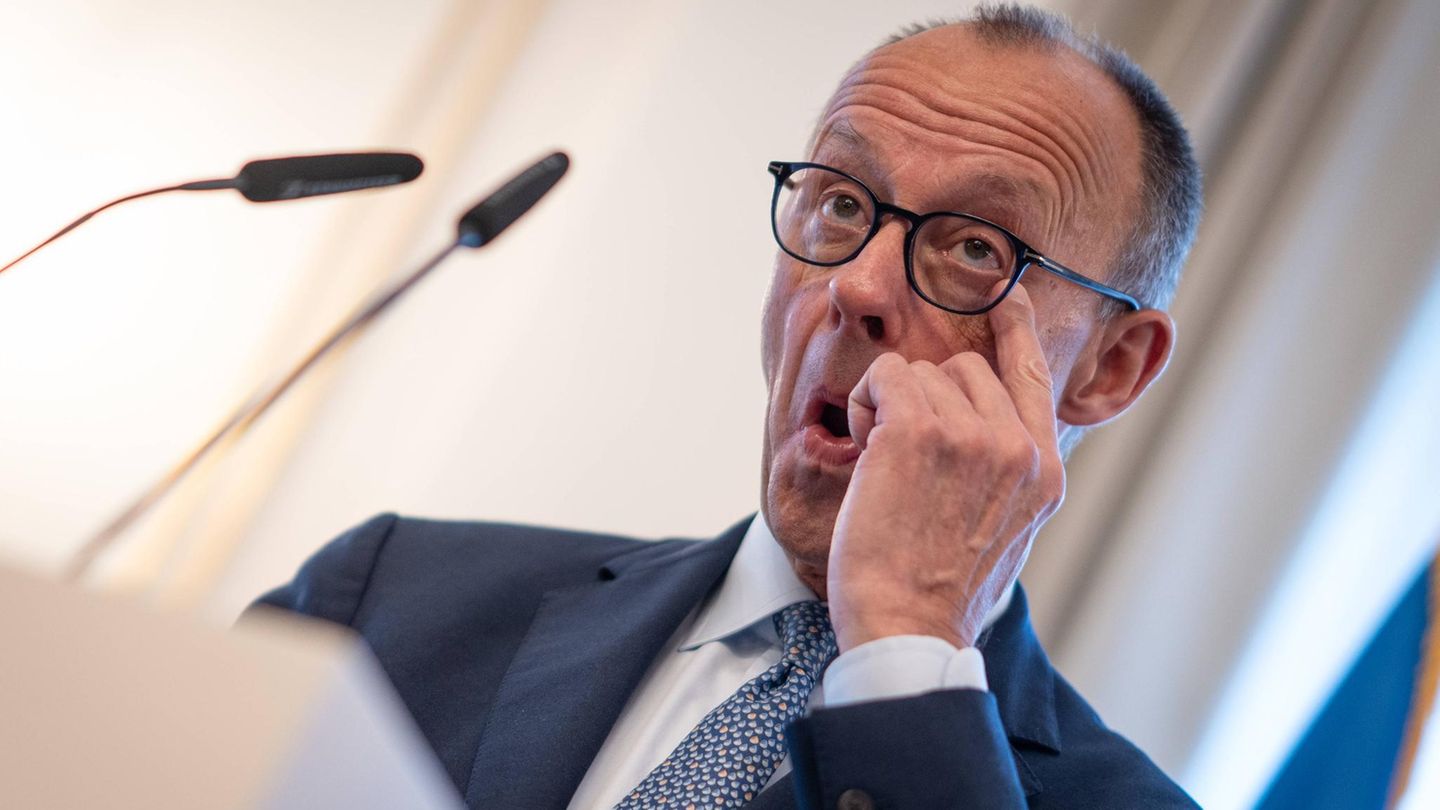Since the attack on Ukraine, many Western companies have been criticized for still working with Russia. One industry is apparently making high profits: banks. Through their tax payments they stabilize the Kremlin’s budget.
The largest Western banks still operating in Russia paid the Kremlin more than 800 million euros in taxes in 2023, according to a report. This is reported by the “Financial Times” (FT) and states that the value corresponds to a quadrupling of the pre-war level. The finding comes as quite a surprise, as many banks had promised to reduce their exposure to the country following Russia’s invasion of Ukraine.
The seven largest European banks in Russia by assets – Raiffeisen Bank International, UniCredit, ING, Commerzbank, Deutsche Bank, Intesa Sanpaolo and OTP – reported a total profit of more than three billion euros for 2023. These profits were three times higher than in 2021. They were partly made from funds that the banks cannot withdraw from the country. The jump in profits meant that European banks paid around 800 million euros in taxes. Two years earlier, according to FT analysis, it was 200 million euros. Even if they were not part of the analysis, US credit institutions such as Citigroup and JPMorgan are also included.
The taxes paid by European banks are expected to account for around 0.4 percent of the Russian state’s expected budget revenue (excluding energy) in 2024. According to the FT, this shows how the banks are economically stabilizing the Kremlin despite the sanctions. They themselves also benefit enormously, for example from higher interest rates and the sanctions against Russian banks. The latter were denied access to international payment systems, thereby significantly increasing the attractiveness of Western banks for customers in the country.
Raiffeisen Bank triples profits
More than half of the 800 million euros in tax payments go to the Austrian Raiffeisen Bank International (RBI). It has the largest presence in Russia among foreign lenders. RBI’s Russian profits more than tripled between 2021 and 2023 to 1.8 billion euros and already account for half of the Austrian group’s total profits, according to the FT. Before the war the proportion was around a third. In addition to the regular tax levies in 2023, RBI paid 47 million euros due to a special levy that the Kremlin imposed on some companies last year.
Since the invasion of Ukraine ordered by President Vladimir Putin in February 2022, the RBI has repeatedly said it would downsize and divest its operations in Russia. She was repeatedly told by the European Central Bank and the US Treasury Department, among others, that the withdrawal was not progressing. And the opposite impression even emerged, namely that the bank was even trying to expand its commitment. Recent job advertisements in Russia indicate ambitious plans for a “multiple expansion of the active customer base,” as the FT reports. At least the bank has reduced its loan portfolio by 56 percent since the beginning of 2022.
The companies explain that Deutsche Bank, the Hungarian OTP and Commerzbank have noticeably reduced their presence in Russia, which is already small compared to RBI. Intesa is said to be closest to the exit, but the sale of the Russian business is still pending. UniCredit declined to comment.
US banks also pay millions in taxes in Russia
Despite closing its corporate and retail banking operations, Citigroup, which earned $149 million in profits and paid $53 million in taxes in Russia in 2023, became the fourth-largest taxpayer among Western banks in Russia. This was the result of calculations by the Kyiv School of Economics based on data from the Russian Central Bank. JPMorgan earned $35 million and paid $6.8 million in taxes, the research firm said. JPMorgan, once the main contractor for Russian banks to open correspondent accounts in US dollars, has been trying to leave the country since 2022. However, the bank is stuck and faces a multi-million dollar lawsuit from its former partner in Russia, VTB.
Beslan, Moscow, Volgograd
Bombs and hostage-taking: Terror in Russia and how it changed the country
Western lenders have benefited from the imposition of sanctions on most of Russia’s financial sector, which was denied access to the Swift international interbank payments system. This made international banks a financial lifeline between Moscow and the West.
This article first appeared at ntv.de
Source: Stern




